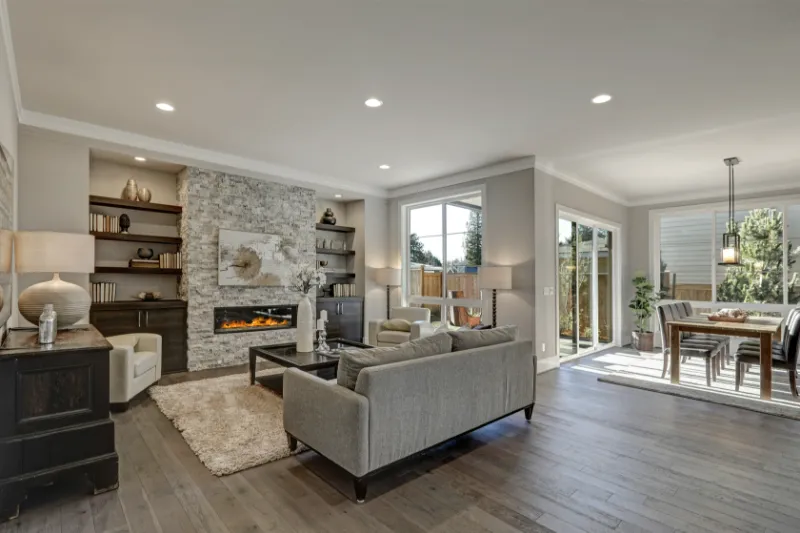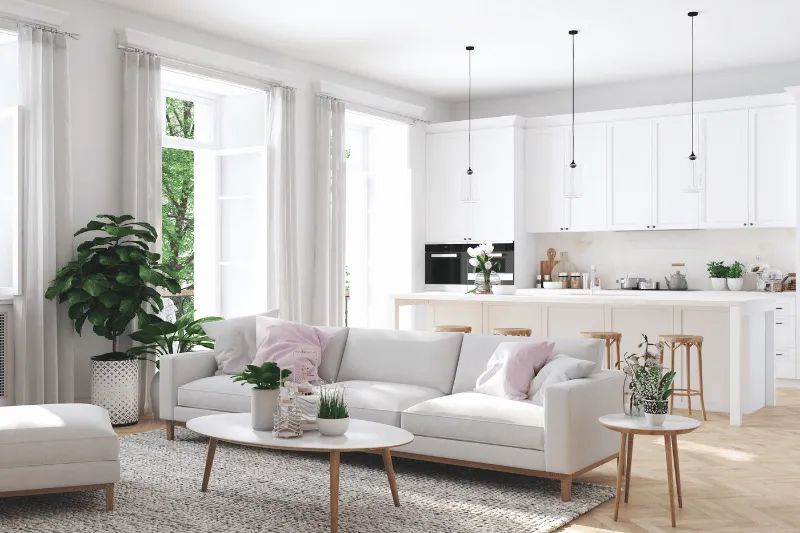As temperatures rise, maintaining your home becomes crucial to ensure comfort and prevent costly repairs…
5 Benefits of Regular Home Maintenance
Why Regular Home Maintenance Matters in Remote Work
Owning a home is a significant investment, especially when you’re working remotely. Like any investment, it requires consistent upkeep to maintain its value and functionality. Regular home maintenance not only keeps your property in top shape but also ensures a safe and comfortable working environment. In a world where remote work is becoming more common, a well-maintained home can greatly enhance your productivity and overall work experience. Here’s why regular home maintenance is crucial, particularly for remote workers, and which tasks you should prioritize to keep your home in optimal condition.
5 Benefits of Regular Home Maintenance for Remote Workers
1. Preserve Property Value
Routine maintenance is key to preserving the value of your home, particularly if you work remotely. A well-maintained home not only looks more appealing but also retains its market value over time. For those considering selling their homes, regular upkeep can attract higher offers from potential buyers. Tasks such as painting, landscaping, and minor repairs ensure that your home remains in excellent condition. These improvements also create a pleasant environment, which is critical for remote work productivity.
2. Avoid Costly Repairs
Addressing small issues before they become major problems is essential, especially for those who work from home. As a remote worker, your home doubles as your office, so maintaining its condition is even more critical. Fixing a leaky faucet or cleaning the gutters regularly can prevent water damage, which could otherwise lead to expensive repairs. Regular inspections of your roof, HVAC system, and plumbing can also help detect issues early, ensuring your home remains a safe and functional workspace.
3. Ensure Safety and Comfort in a Remote Work Environment
For remote workers, home safety and comfort directly impact work efficiency. Regular maintenance helps ensure that systems such as smoke detectors and carbon monoxide alarms function properly, reducing potential hazards. Checking for electrical issues and maintaining heating and cooling systems are equally important, as a malfunction could interrupt your workday. A safe and comfortable home environment is essential for maintaining productivity and well-being during remote work.
4. Improve Energy Efficiency
Energy efficiency is another critical benefit of regular home maintenance, especially for remote workers. With remote work, you’re likely spending more time at home, which means increased energy consumption. Routine tasks such as sealing gaps around windows and doors, replacing air filters, and servicing your HVAC system can significantly improve energy efficiency. This leads to lower utility bills and a more comfortable workspace year-round, enhancing both your budget and your work environment.
5. Extend the Lifespan of Home Systems
Remote workers rely heavily on home systems and appliances for comfort and convenience. Regular maintenance can extend the lifespan of these essential systems. For example, routine HVAC servicing can keep your system running efficiently, preventing unexpected breakdowns that could disrupt your workday. The same principle applies to plumbing, electrical systems, and other home essentials. Neglecting maintenance can lead to premature wear and costly replacements, which can be especially stressful if you’re working remotely.
Conclusion: Regular Home Maintenance Is Crucial for Remote Work
Regular home maintenance is a fundamental part of homeownership, but it takes on added significance for those engaged in remote work. By staying on top of routine tasks like painting, cleaning gutters, and inspecting essential systems, you preserve property value, avoid expensive repairs, ensure a safe and comfortable work environment, improve energy efficiency, and extend the lifespan of critical home systems. For remote workers, maintaining a home is more than just upkeep—it’s about creating a functional, efficient, and comfortable space where you can thrive both personally and professionally.





